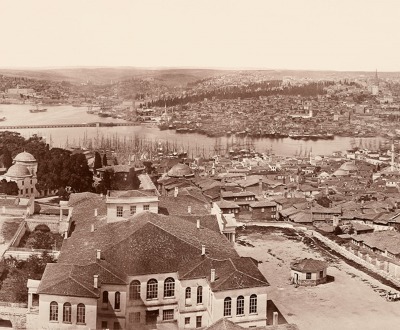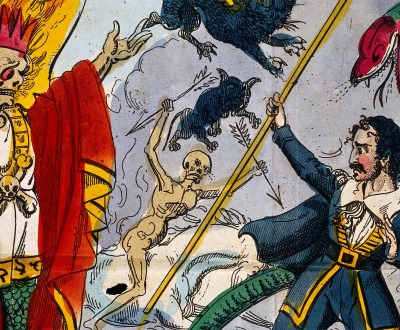Miscellany
“But soft! what light through yonder window breaks?/It speaks, and yet says nothing.” An apt description of TV, Marshall McLuhan said, when he quoted Shakespeare in Understanding Media. Romeo’s line is in fact “She speaks, yet she says nothing,” and refers to Juliet, who is likened to light—and it actually occurs in the play ten lines after the first.
Miscellany
In order to economize while sending a telegram, people sometimes relied on code books that reduced phrases to single words. From the third version of Anglo-American Telegraphic Code, published in 1891: Babylonite (Please provide bail immediately), Titmouse (I [we] accept with pleasure your invitation for the theater tomorrow evening), Mahogany (Malaria prevails extensively), Enringed (the news causes great excitement).
Miscellany
During the rule of Charlemagne in the late eighth and early ninth centuries, the Carolingian Renaissance saw the revival of Latin studies, the creation of a royal scriptorium, Alcuin’s revision of the Vulgate Bible, and the advent of a minuscule (lowercase) writing system, which eased the labor of copying. Charlemagne himself, however, could barely write a word in any language.
Miscellany
Papal indulgences were brisk business for early printers, since they were single sheets and the type did not need to be reset. Between 1498 and 1500, the Benedictine monastery in Catalonia commissioned more than 200,000 indulgences from printers in the area. A total of two thousand single-sheet items survive from the whole of the fifteenth century; over one-third are indulgences.
Pages



